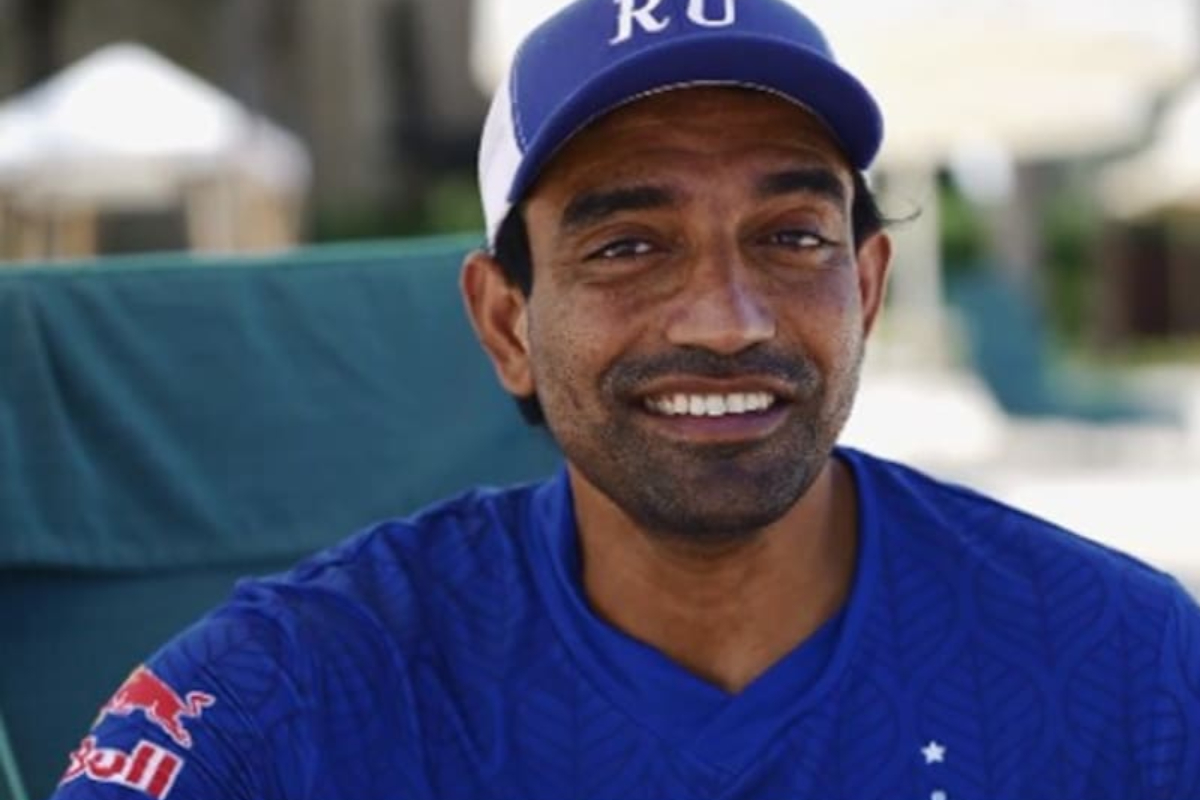Indian batter Robin Uthappa on Wednesday announced his decision to retire from all forms of Indian cricket. The flamboyant batsman scored 934 runs in 46 ODIs and 249 runs in 13 T20Is for India in international cricket.
The 36-year-old took to Twitter to make an announcement. “It has been my greatest honour to represent my country and my state, Karnataka. However, all good things must come to an end, and with a grateful heart, I have decided to retire from all forms of Indian cricket. Thank you all,” he tweeted.
Uthappa was an integral part of the Indian team which won the inaugural T20 World Cup in 2007. In the league match against Pakistan, he participated in the ‘Bowl Out’ and was instrumental in India getting the better of their arch-rivals. He was also in the Indian squad for the 50-over World Cup in 2007.
It has been my greatest honour to represent my country and my state, Karnataka. However, all good things must come to an end, and with a grateful heart, I have decided to retire from all forms of Indian cricket.
Thank you all ❤️ pic.twitter.com/GvWrIx2NRs
— Robbie Uthappa (@robbieuthappa) September 14, 2022
One of his notable innings in the ODIs is the 33-ball 47 at The Oval against England. However, he lost his place in the Indian team after 2009. Though he played a couple of international matches in 2014-2015, he could never cement his place in the team.
However, he emerged as one of the giants in the Indian Premier League and won the ‘Orange Cap’ in 2014 as his then team, Kolkata Knight Riders, clinched the trophy. In the 2021 final of the IPL, playing for Chennai Super Kings, he bludgeoned 31 off 15 balls to sink his erstwhile team KKR.
He also played for Mumbai Indians, Royal Challengers Bangalore and Pune Warriors India in the early seasons of the IPL. Overall, he is the 9th highest run-getter in the history of the IPL, with 4952 runs in 205 matches and 27 fifties to his credit.
Uthappa was a prolific domestic veteran as well as he racked up 9,446 runs at an average of 40.46, including 22 centuries, in 142 first-class matches.










